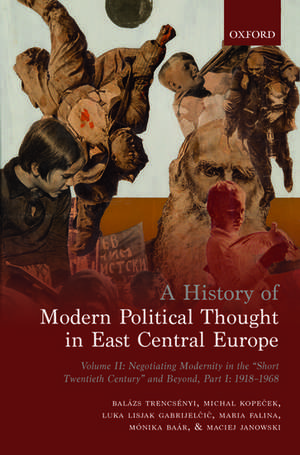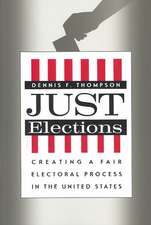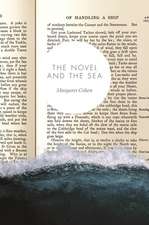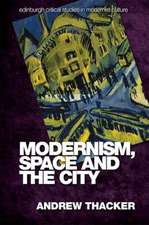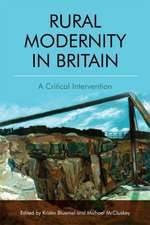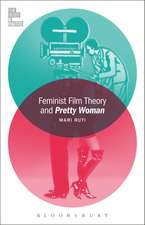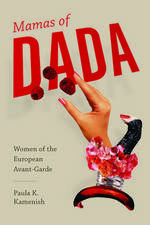A History of Modern Political Thought in East Central Europe: Volume II: Negotiating Modernity in the 'Short Twentieth Century' and Beyond, Part I: 1918-1968
Autor Balázs Trencsényi, Michal Kopeček, Luka Lisjak Gabrijelčič, Maria Falina, Mónika Baár, Maciej Janowskien Limba Engleză Hardback – noi 2018
A History of Modern Political Thought in East Central Europe is a synthetic work, authored by an international team of researchers, covering twenty national cultures and 250 years. It goes beyond the conventional nation-centered narratives and presents a novel vision especially sensitive to the cross-cultural entanglement of political ideas and discourses. Its principal aim is to make these cultures available for the global 'market of ideas' and revisit someof the basic assumptions about the history of modern political thought, and modernity as such.
The present volume is a sequel to Volume I: Negotiating Modernity in the 'Long Nineteenth Century'. It begins with the end of the Great War, depicting the colorful intellectual landscape of the interwar period and the increasing political and ideological radicalization culminating in the Second World War. Taking the war experience both as a breaking point but in many ways also a transmitter of previous intellectual traditions, it maps the intellectual paradigms and debates of theimmediate postwar years, marked by a negotiation between the democratic and communist agendas, as well as the subsequent processes of political and cultural Stalinization.
Subsequently, the post-Stalinist period is analyzed with a special focus on the various attempts of de-Stalinization and the rise ofrevisionist Marxism and other critical projects culminating in the carnivalesque but also extremely dramatic year of 1968. This volume is followed by Volume II: Negotiating Modernity in the 'Short Twentieth Century' and Beyond, Part II: 1968-2018.
Preț: 692.38 lei
Preț vechi: 925.87 lei
-25% Nou
132.52€ • 136.57$ • 111.88£
Carte tipărită la comandă
Livrare economică 20-26 februarie
Specificații
ISBN-10: 0198737157
Pagini: 482
Dimensiuni: 164 x 240 x 33 mm
Greutate: 0.87 kg
Editura: OUP OXFORD
Colecția OUP Oxford
Locul publicării:Oxford, United Kingdom
Recenzii
The History of Modern Political Thought in East Central Europe is a brilliant book. It combines the intellectual history of Central East Europe with the regions political, sociological, and legal past for the first time. It is based on a very deep knowledge of the individual development of the various nations of East Central Europe and brings them together in a new, original, and innovative synthesis.
The authors give us a work of reflection and learning that readers will turn to for generations; they not only recover the political thought of dozens of important writers across East Central Europe, but also uncover a lost map of hopes and insights, showing paths taken and not taken, right, left, and center, all of relevance to a region that continues to seek orientation. The authors come from many countries, but their voice is unified, and prose a pleasure to read, wherever one dips in, remarkably balanced throughout, leaning only in the direction of resolute, disinterested scholarship.
An ambitious collective endeavor by leading scholars of the post-1989 generation to revisit the key issues and rediscover the leading figures shaping the main currents of political thought in twentieth-century East-Central Europe. Its major contribution lies precisely in the transnational approach to the subject, providing a complex historical narrative and original insights into the political cultures of the region and their lasting relevance. Required reading for those who want to understand the intellectual background to the main political trends coming from East Central Europe today.
